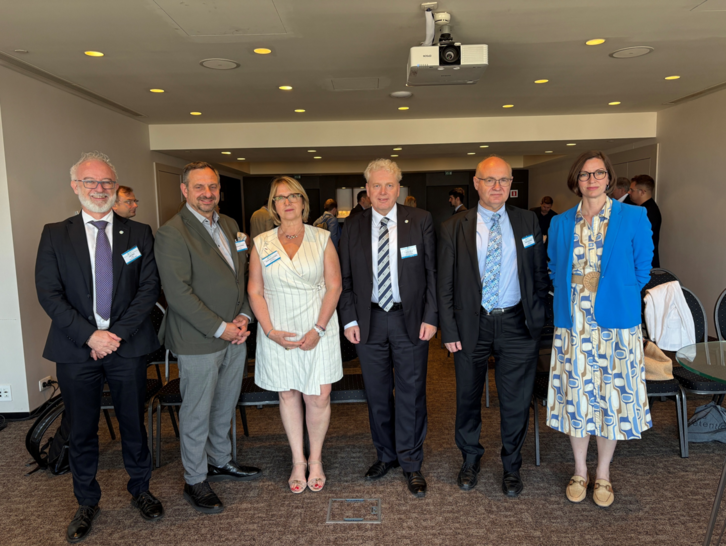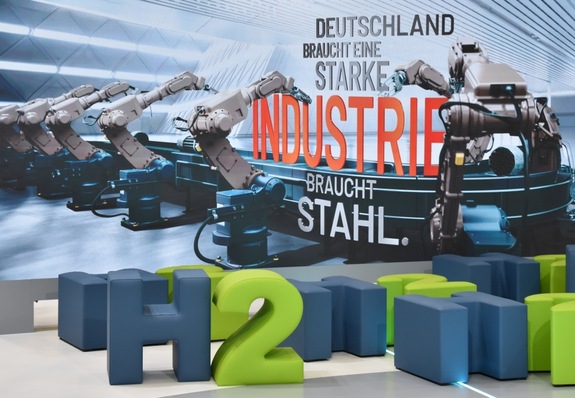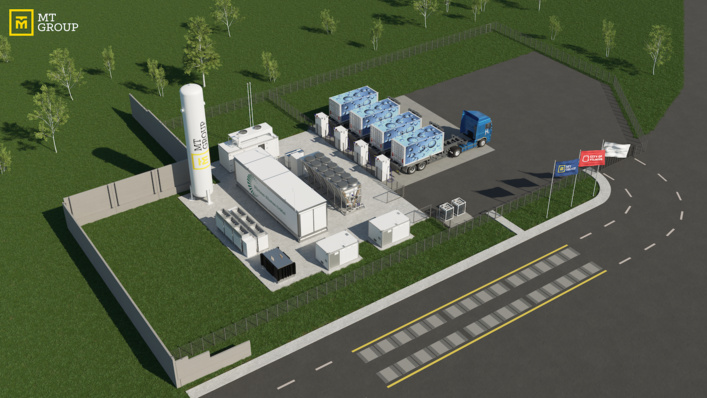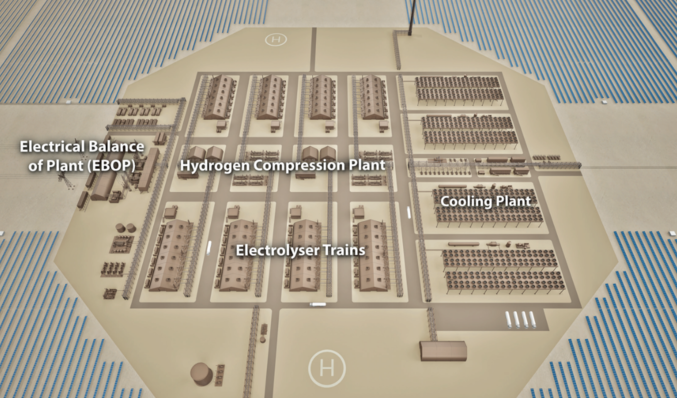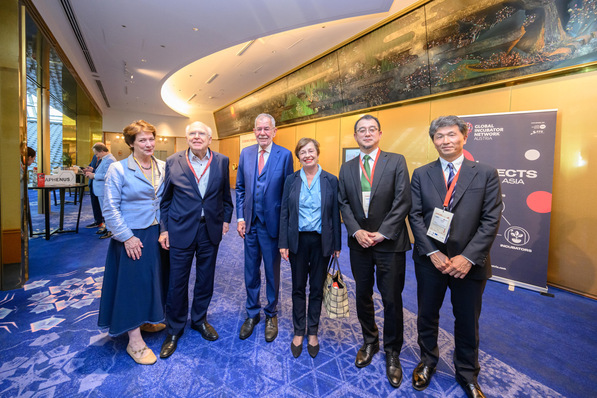In July, the European Commission is expected to present its draft for the next Multiannual Financial Framework (MFF), along with ongoing negotiations on the upcoming 10th Framework Programme for Research and Innovation (FP10) and the new European Competitiveness Fund (ECF).
Hydrogen Europe Research (HER) used this occasion to host a high-level panel discussion in Brussels on Thursday. Participants included senior representatives from the European Commission, delegates from EU Member States, and stakeholders from the hydrogen research and industry community.
The discussion highlighted the key concerns of the hydrogen research sector: the urgent need to update the 2020 European Hydrogen Strategy, the importance of strengthening and better aligning EU funding to support the entire hydrogen innovation chain—from research to market deployment. Closing the sectoral skills gap in Europe and reinforcing public-private collaboration—particularly through the EU’s flagship initiative, the Clean Hydrogen Partnership—were among the top priorities raised by the panelists.
“Recent reports stress the urgency of further investing in key strategic sectors in which the EU has a fragile lead. Hydrogen is on top of the list. We must enhance performance, design, and cost-efficiency within a sustainable path. We urge the European Commission to strengthen the Clean Hydrogen Partnership by strategically linking it to industrialisation and first-market development in coordination with Member States,” said Luigi Crema, President of Hydrogen Europe Research.
The message appears to have resonated with those in attendance. Joanna Drake, Deputy Director-General of the European Commission’s Directorate-General for Research and Innovation (DG RTD), stated: “The hydrogen economy can only become a reality through joint efforts between the EU, Member States, industry and the research community. This is why the European Commission actively drives a joint research, innovation and investment agenda for renewable hydrogen: with Member States in the Strategic Energy Technology Plan, with private stakeholders through the Clean Hydrogen Joint Undertaking, and at international level through Mission Innovation.”
Jorgo Chatzimarkakis, CEO of the hydrogen industry association Hydrogen Europe, called for greater commitment to market deployment and industrialisation: “We’re proposing a Joint Undertaking that does not just fund research — but that it builds markets, enables start-up companies, and anchors Europe’s hydrogen leadership. It is not only about more money. It is about smarter delivery, stronger alignment, and faster outcomes. We do not need another strategy on paper. We need an impact-driven platform that delivers.” In an interview with HZwei, he went on to express further criticism of the EU’s hydrogen policy.
According to Hydrogen Europe Research, hydrogen is booming globally, but the EU’s leadership position is at risk. Data from the International Energy Agency’s Global Hydrogen Review 2024 show that global installed electrolysis capacity has increased ninefold. In contrast, Europe’s installed capacity has only tripled. This is a clear sign, warns Hydrogen Europe, that Europe is losing its competitive edge as a pioneer to China and the United States.


